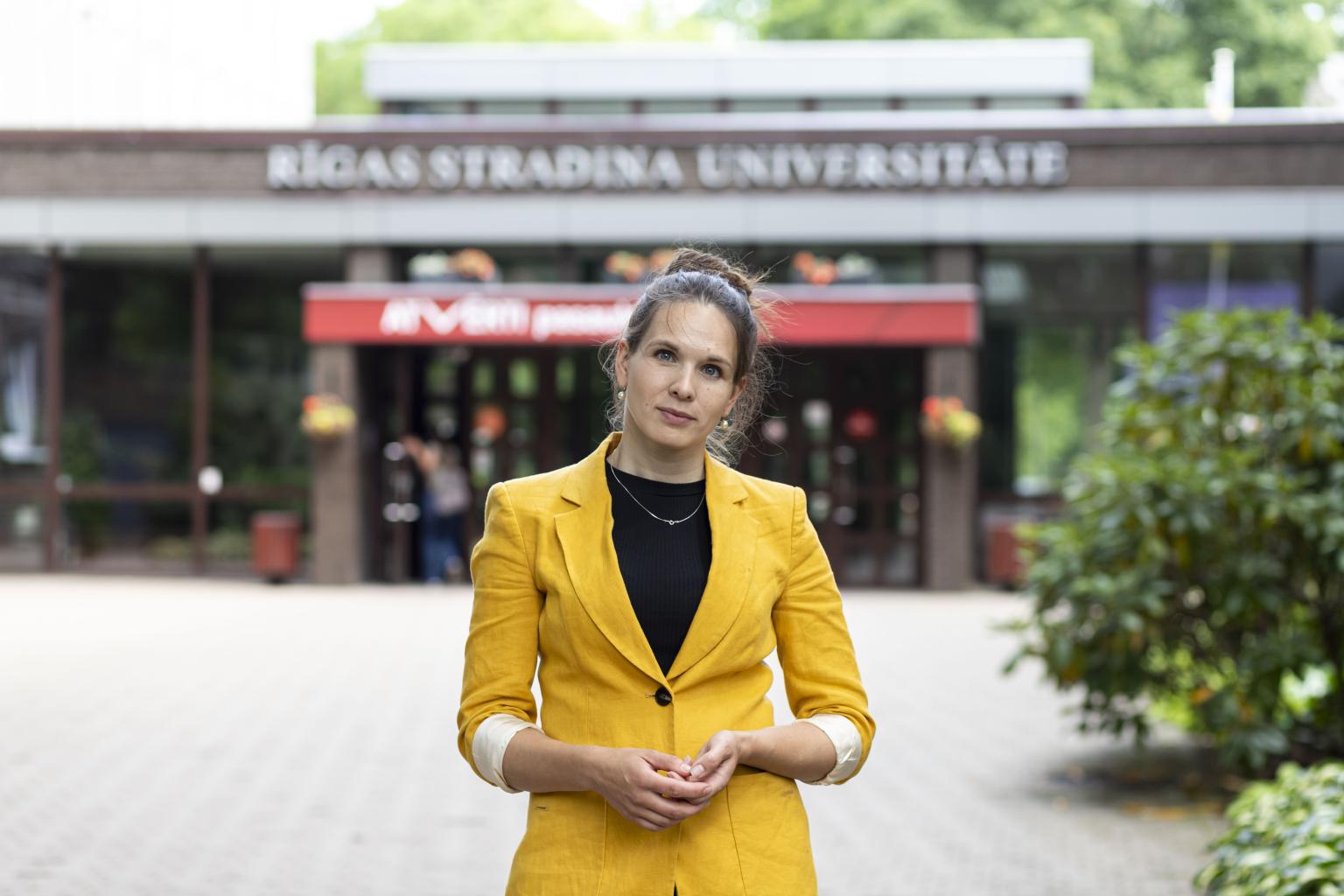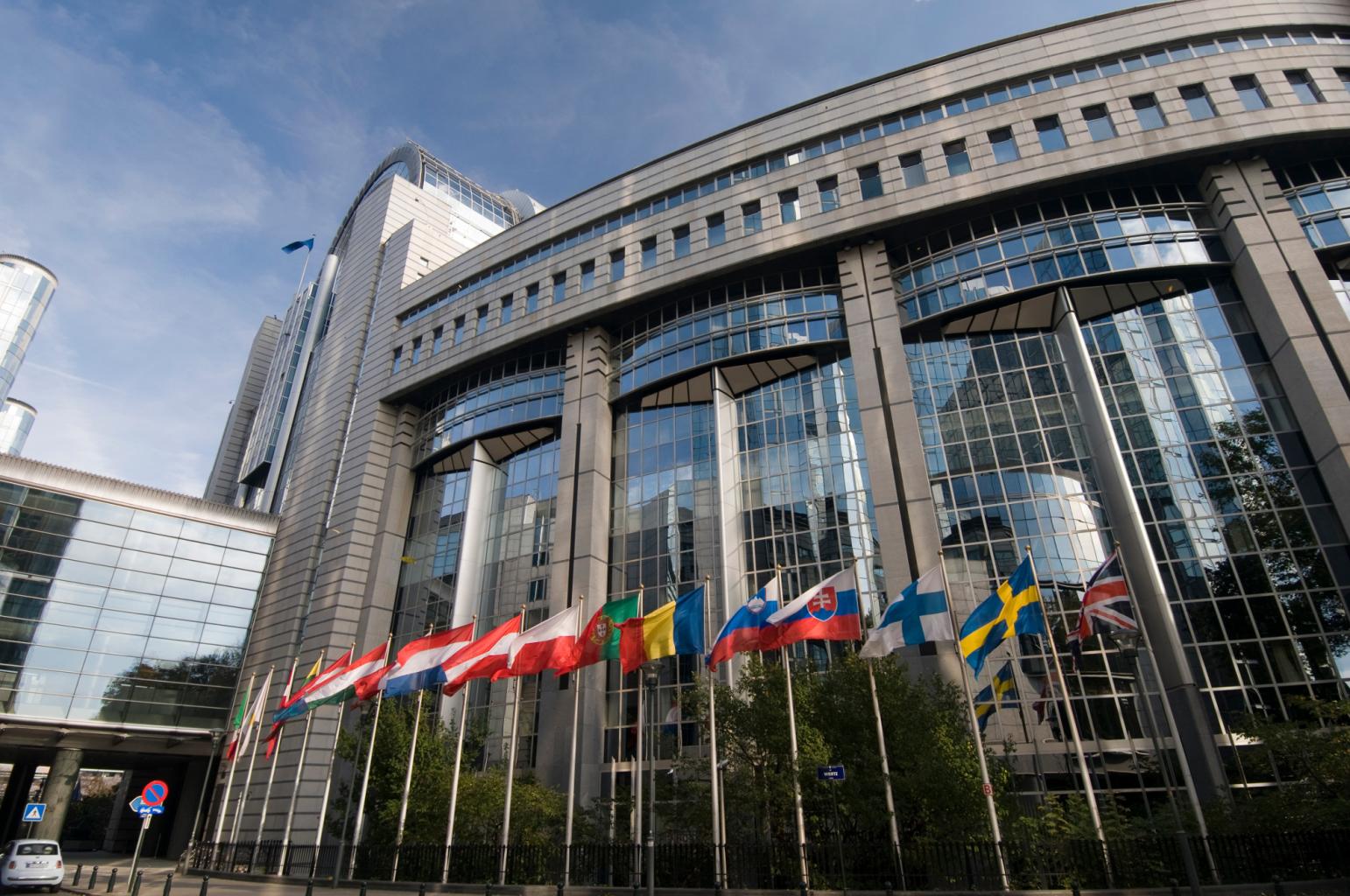Political scientist and China researcher Una Bērziņa-Čerenkova educates future international relations experts at RSU
Dr.Una Aleksandra Bērziņa-Čerenkova is a political scientist, China researcher, Head of the China Studies Centre at Rīga Stradiņš University (RSU), Head of the Asia programme at the Latvian Institute of International Affairs, and member of the European Think-tank Network on China.
She is as skilful at expressing her expertise on China's place on the world map in internationally cited scientific journals and think-tank publications, as she is in interviews with the BBC and other global media outlets. However, spending time with students has a special place in both her schedule and her heart.
‘Being among young, motivated people provides great fulfilment and deepens my knowledge,’ she says. At RSU, Bērziņa-Čerenkova is currently teaching two master’s programmes in English – International Governance and Diplomacy and Russia and Eurasia Studies. Admissions are open until mid-July.
 Una Aleksandra Bērziņa-Čerenkova
Una Aleksandra Bērziņa-Čerenkova
What study courses do you currently conduct and why are they relevant?
I conduct the study courses China's Foreign Policy Vectors and China-Russia Relations in both English-taught international relations programmes at RSU. The world's interest in China peaked in 2018, when the trade war between China and the US intensified. At the same time, along with cases of espionage, corporate takeovers and other events, the West started talking about China as a security actor. This was the moment when China went from being a niche subject of regional studies to a core subject for international relations experts.
What satisfaction do you get from working with students?
Thanks to teaching, I have the opportunity to grow constantly. Being among young, motivated people is very fulfilling and deepens my knowledge. As a researcher, I don't always have enough resources to learn everything new, but working with students on their master's or doctoral theses, both as a supervisor and a reviewer, makes me take a deeper look. I also appreciate the diversity of students.
Among the students of our programme are Latvian students who have obtained a bachelor's degree in Latvia and abroad, as well as international students who want to strengthen their expertise in political science specifically in Riga.

What and how could future international relations experts learn in 10 years?
In terms of topics, the directions of development are already emerging. Many earlier regional issues will come into the spotlight and it is clear that we will be talking more broadly about the Global South or Africa, Latin America, the Caribbean, the Pacific Islands and Asia. In terms of methods, however, it is more difficult to outline how international relations studies and research will proceed a decade from now, because artificial intelligence will indisputably change both the approach and our opportunities to work with data.
Related news
 RSU introduces Latvia’s first master’s in Digital Strategies and AI ManagementFor Students, For RSU Employees, Internal consolidation, RSU Alumni, Development, For High School Students, For Teachers, Admissions
RSU introduces Latvia’s first master’s in Digital Strategies and AI ManagementFor Students, For RSU Employees, Internal consolidation, RSU Alumni, Development, For High School Students, For Teachers, Admissions


